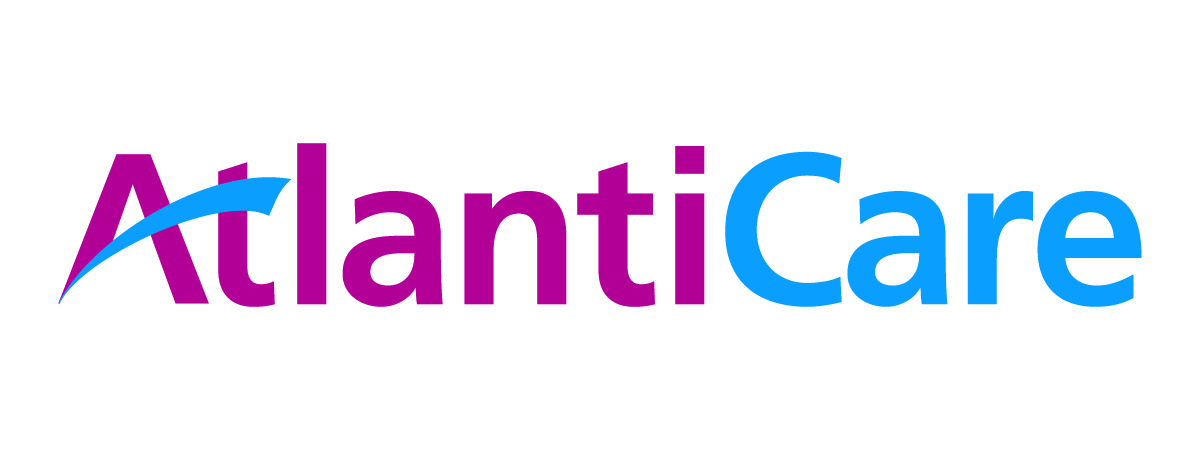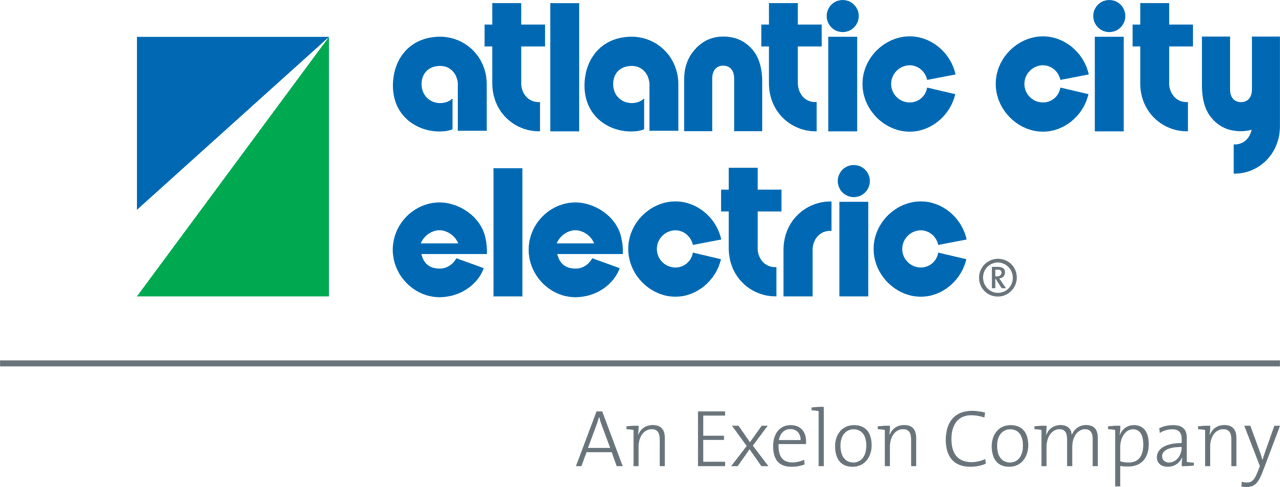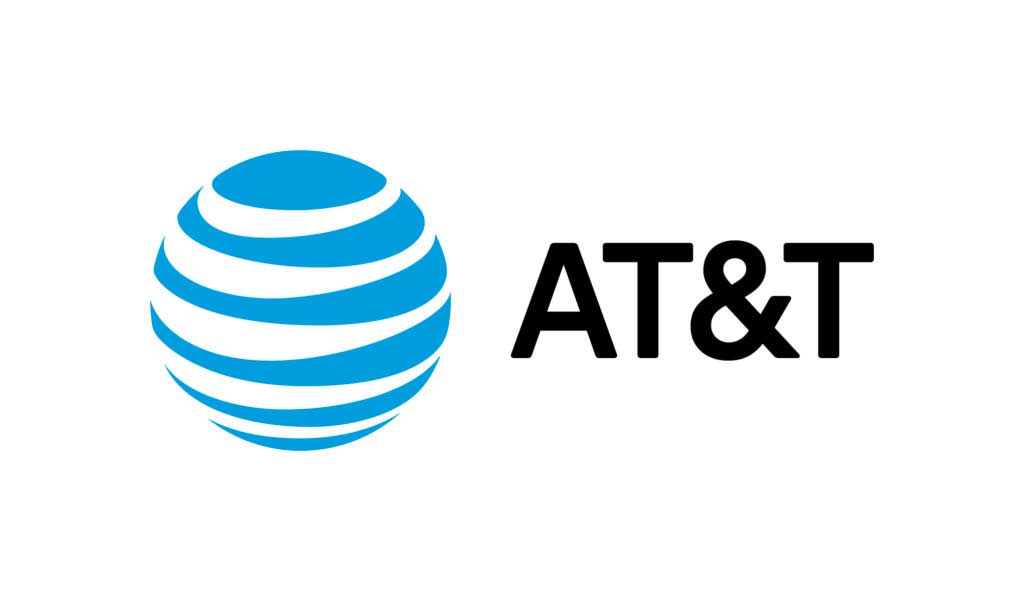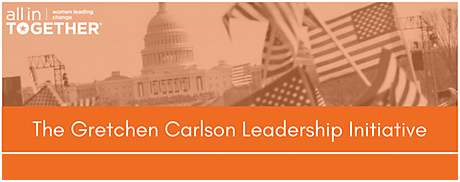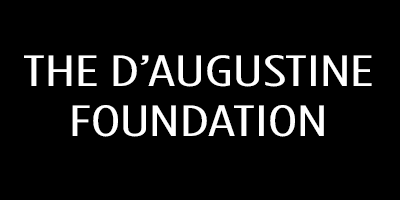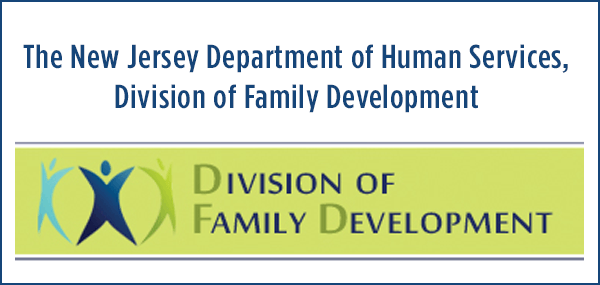History/Mission
Over 39 years ago…..
Born out of the sociopolitical activism of the 1960’s and 70’s, The Women’s Center (TWC) was organized as a consciousness-raising group closely affiliated with the National Organization for Women (NOW). In 1975, these five “founding mothers” began by forming a 24-hour rape and sexual assault counseling hotline from their homes. In response to an increasing number of domestic violence calls and few social services resources, volunteers established their homes as “safe houses” to provide women and children with emergency shelter from their home situation.
From these humble beginnings, TWC has evolved and expanded its services to include: a Violence Intervention Program, a Child Care Network for resource and referral, a Home to Work Program for displaced homemakers and a Women Source Training Institute. Our reputation as a professional women’s agency in the forefront of advocating for women’s welfare issues is well-deserved and a source of strength and pride.
Of course, it hasn’t always been easy. Even through harrowing times, the services haven’t been interrupted. Over the years, thousands and thousands of women have called or walked through the doors of the Center looking for help. What started out as a handful of volunteers in 1974 has grown into an agency with over 60 staff members, four major programs and a multitude of services. In those early years, the budget averaged $400 — just enough to pay the phone bill. Now the annual budget spans over $8 million.
Through the years, the Center has expanded its services in accordance with its mission to empower women by working to secure their physical safety, emotional well being, individual freedom, and economic equality. Although the agency is most well known for its Violence Intervention Program, other programs like the Child Care Network and Home to Work were developed in response to community needs and have become an integral part of the agency. Based on its success over the past 35 years, the Center has proven its value and importance while still continuing to serve and grow with the community. Our future, like our past, is dedicated to bringing positive change and empowerment to women’s lives.
Some milestones….
1975
A small group of volunteers sought to run a 24-hour telephone hotline to provide women with rape counseling and assistance with other related issues. Unfortunately, they didn’t have one centralized location to run the operation. Instead, the volunteers acquired a phone line with call-forwarding capabilities so they could transfer the phone line among their different homes. They advertised their services and the calls began. When an unexpected number of domestic violence calls were made to the hotline, the volunteers mobilized their efforts. A network of volunteer homes were set up as “safe houses” to provide emergency shelter for victims and their children.
1977
Volunteers continued to answer hotline calls and provide emergency shelter. In this year alone, over 30 women and their children used the safe houses to escape dangerous situations. Early in the year, the Center learned the Federal Government was allocating funds to establish shelters for victims of domestic abuse. Obviously, the Center could put this money to good use and had proven so over the past three years. After six months of research and grant writing, the Center presented a 50-page proposal and waited for a reply from the Federal Government. All the hard work paid off. In September, the Atlantic County Women’s Center received close to $115,000 to establish “The Abuse Center.”
1978
On its opening day, February 5, 1978, the Abuse Center was still under construction and could house only five women and their children. When renovations were complete, the shelter was able to house 18 women and their children. The shelter consisted of ten bedrooms, a sun porch, a large living room, a combination dormitory/meeting room and several storage and bath areas. The location of the facility was kept — and remains so — confidential for security reasons. The Abuse Center served women from Atlantic, Cape May, Cumberland, Salem, Gloucester, Camden and Burlington Counties. In its first year, 306 women and their children were sheltered.
1979
As TWC settled into its new shelter facility and was busy fielding hotline calls, providing counseling and training new volunteers, the board of directors decided there was a strong need for similar services in Cape May and Cumberland counties. Funding was received to develop satellite offices in these areas. These satellite offices offered non-residential counseling and support services, including transportation to the Abuse Center if needed. Calls at night or on the weekend were forwarded to the Abuse Center’s 24-hour hotline. Later, in 1984 and 1987 respectively, the Cape May County and Cumberland County satellite offices became independent programs.
1980-1981
For years, the shelter was barraged with small, but hard to manage problems like leaking roof, faulty plumbing and mice. When assistance was offered to renovate, TWC was more than happy to oblige and moved to a temporary location. Because the temporary shelters capacity was much smaller than the original facility, per diem financial reimbursements were severely reduced. In addition, the renovations took longer than expected. Each day spent in reduced quarters with a reduced income moved the agency closer to bankruptcy. Fortunately, it wasn’t too long before the staff and clients could return to the original, then newly renovated, Abuse Center.
1983 – 1984
Up to this point, almost all of TWC’s funding was allocated for domestic violence services. Although TWC also applied for rape care funding, their requests were denied. The rape care hotline continued operating from volunteer homes until 1981 when it was merged into the shelter’s 24-hour hotline. Finally, in 1983, the agency received funding to establish the Rape Care Program to provide rape victims with 24-hour hotline counseling, accompaniment to hospital, police stations and courts, if requested, as well as emergency shelter and counseling.
1985 – 1996
While TWC continued to provide and enhance the domestic violence and rape care services, the agency also added the Child Care Network and the Home to Work Program. The Child Care Network facilitates numerous child care subsidy programs, regulates and monitors all state-registered family day care providers and offers resources and referrals, including child care options, to the community. Home to Work, established in 1996, provides career counseling and support for displaced homemakers. Displaced homemakers are women who must enter or re-enter the workforce after the loss of significant financial support. Many lose financial support by being divorced, widowed, having a partner who is disabled,or being survivors of domestic violence.
The Violence Intervention Program (VIP) was developed to combine existing services, including domestic violence, rape and incest services into one comprehensive program. Other services were added to the program, including Kid Safe, which provides counseling to children living with violence, The Batterer’s Anonymous program, established in 1981, changed its name to Alternatives to Violence, continues to provide services around anger management, battering intervention, and non-violent communication today.
Due to the expansion of services, the name ‘the Abuse Center’, no longer reflected the true nature of the agency. The Atlantic County Women’s Center became the new commonly used name.
2000
WomenSource Training Institute was established in 2000, as part of a growing organization. It combined the training and education pieces of all of the programs and coordinated training space. One of the first major vocational training pieces offered in conjunction with Home to Work were computer courses, offered at the satellite office at the Red Cross in Pleasantville. In 2001, Avanzar began to offer the Child Development Associate (CDA) credential. This important entry-level certification helped to raise the quality of care in early childhood education in Atlantic County, and is still offered by the agency today.








